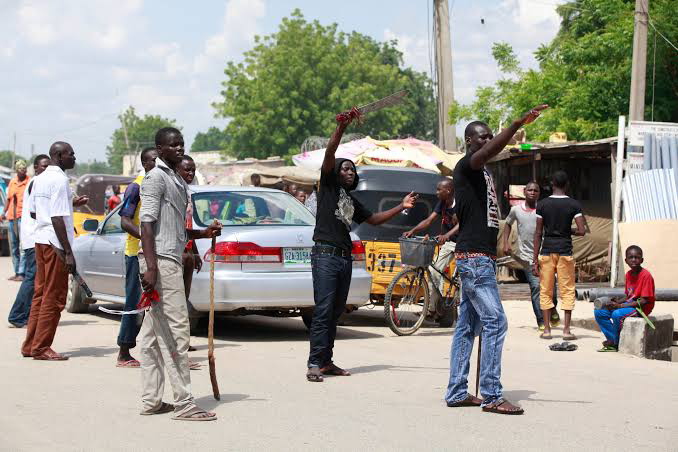EU Co-Hosts Ministerial Roundtable as Humanitarian Crises Deepen in Sahel and Lake Chad
By: Amadou Issa Mumminou, Adamu Aliyu Ngulde and Koubouratou Moussa
The European Union on Monday co-hosted a high-level ministerial roundtable on the worsening humanitarian crises in the Sahel and Lake Chad regions, reaffirming its pledge to strengthen emergency relief while expanding long-term support for resilience and development.
The EU said it would continue aligning humanitarian aid with investments in stability, social cohesion and sustainable development, as violence, displacement and climate-related shocks intensify across the two regions.
For 2025, the bloc has mobilized more than €541.6 million in humanitarian, development and peace assistance to address what it described as overwhelming needs facing displaced families, host communities and populations directly affected by insecurity.
The event, held in Brussels, was co-chaired by the EU Commissioner for Equality, Preparedness and Crisis Management, Hadja Lahbib; Denmark’s Foreign Minister, Lars Løkke Rasmussen; and the African Union Commissioner for Health, Humanitarian Affairs and Social Development, Amma Twum-Amoah.
Commissioner Lahbib said communities in the Sahel and Lake Chad basin are confronting a convergence of threats- from escalating violence to severe climate pressures -that continue to uproot families and strain already fragile systems.
“In the Sahel and Lake Chad regions, people face insecurity, conflict, recurrent violence and climate shocks that force families out of their homes and raise urgent humanitarian needs,” she said. “Shifting funding patterns risk leaving these communities unsupported, while violations of international humanitarian law, persistent insecurity and a shrinking humanitarian space hinder aid and development efforts. We must bring these crises into full view.”
EU officials said the roundtable aims to galvanize international partners to maintain support amid concerns of declining global attention and increasing operational constraints for humanitarian workers.
The Sahel and Lake Chad regions remain among the world’s most volatile humanitarian environments, with armed conflict, food insecurity, mass displacement and climate change interacting to create complex, multi-layered emergencies.




Comments
Post a Comment